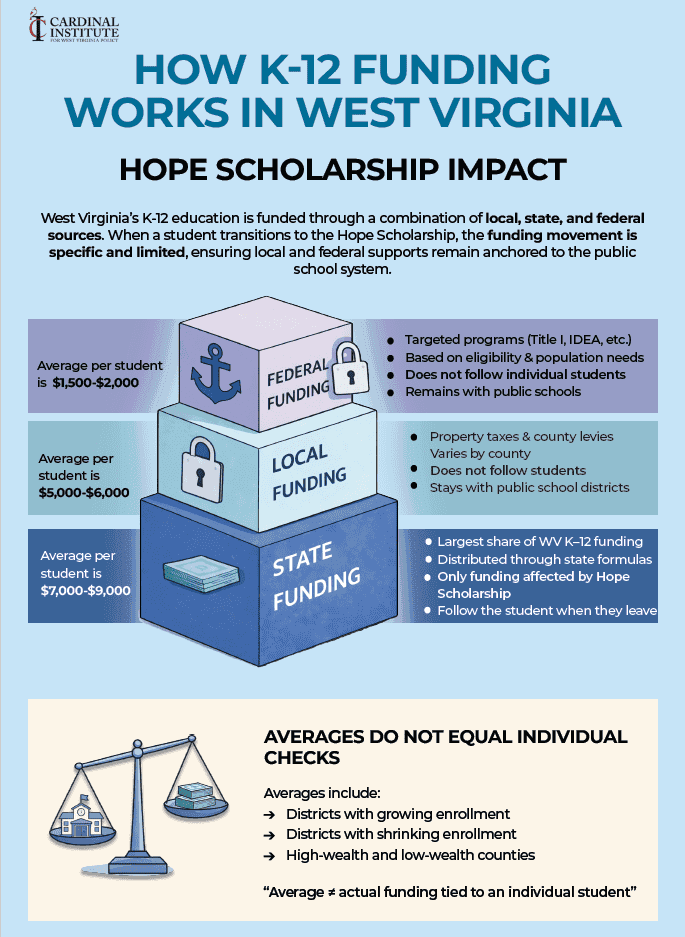
State Competition and Remote Work: Part One
Cardinal Team
Competition is in our DNA
In the United States, competition is a fundamental value, if not always in practice, then certainly rhetorically. From the number of Olympic medals and business start-ups to IPOs and World Wars, America’s “We’re number one!” chants ring out far and wide. It is simply in the national DNA.
The competitive impulse also takes place among America’s “laboratories of democracy” – that is, in America’s 50 states. As with many things in life, competition can be unhealthy. For example, seeing who can eat the most pizza in one setting. It can also be healthy, seeing who can go the longest without imbibing a cigarette or a cigarette-loving socialist. However, competition, like any other natural process, is in a constant state of evolution. Competition between states is no different.
How COVID Changed Competition in the Labor Market
The COVID pandemic fundamentally changed the nature of work around the world. And it has opened a new axis on which states can compete – attracting remote workers. Software engineers, salespeople, consultants, financial professionals, data scientists, IT managers, etc., can pretty much work from anywhere and, as an added benefit, tend to be highly paid. States must wrestle with the myriad ways in which they can attract workers.
For example, many states have chosen to go the direct incentives route by giving remote workers cash, tax credits toward college loan debt, etc., for relocating to a given locale, while other locations are promoting a low cost of living, good schools, or an attractive combination of “live, work, and play.” On its face, it may not matter much which tactic is implemented, and most states will likely use both, but it does raise an interesting political and philosophical question that serious people ought to seriously consider: what’s the proper role of the government in this? It’s a question that has long been debated when it comes to using taxpayer money to attract private firms in the name of job creation (spoiler: targeted business incentives rarely work). Many will increasingly debate government’s role as states and municipalities use the very same techniques to attract individual workers.
Should States Try to Attract Workers with Incentives?
It raises the philosophical question of whether government should be playing the redistributionist role. Should they transfer funds from current taxpaying businesses and individuals to new businesses and individuals? Often, a firm choosing to expand a business by 100 employees will receive no tax credits or other types of financial incentives. Yet policymakers will promise many such incentives to a company considering a relocation of 100 employees into that same area. Thus it not only receives redistributed funds from current businesses but also an unequal burden for future taxation. The exact same situation is in play for incentives to attract remote workers.
There is an interesting teleological/utilitarian vs. deontological debate on this question. Perhaps we will save that for a future blog post, but I would submit that we should be asking these questions.
For now, this will have to suffice: ask yourself what is the most effective— and fair – ways in the long-term to attract new people and new businesses, don’t simply succumb to the allure of ribbon cutting ceremonies or new neighbors.
Garrett Ballengee is the Executive Director for the Cardinal Institute for West Virginia Policy.







